
Tsuyoshi Isshiki Tsuyoshi Isshiki
Partner
Tokyo

NO&T Japan Legal Update
On May 31, 2024, the government of Japan announced that the “Act on the Optimization etc. of Transactions Involving Specified Entrusted Enterprises” (the “Act”), approved in April 2023, will take effect on November 1, 2024, and released related cabinet orders, regulations, and guidelines. The Act’s effectuation may subject entrusting enterprises, which entrust business to freelancers, to certain new obligations. Thus, before the Act’s effective date, such entrusting enterprises should confirm what obligations are being imposed for which transactions, and consider what preparations need to be made to ensure their compliance with the Act. This newsletter provides a concise introduction to the provisions of the Act and their scope of application.
The Act was conceived in response to the growing diversification of work styles throughout Japan and is intended to create an environment that allows individuals to enjoy stable engagement in the businesses they undertake as enterprises, by (1) optimizing the transactions those individuals undertake as enterprises and (2) creating an employment environment for such transactions. The provisions of the Act concerning optimization of transactions introduce regulations in conformity with the Subcontract Act and are enforced primarily by the Japan Fair Trade Commission (the “JFTC”) and the Small and Medium Enterprise Agency (the “SMEA”). In contrast, the provisions on creating an employment environment provide protections for freelancers similar to those for laborers, and are enforced primarily by the Ministry of Health, Labour and Welfare (the “MHLW”).
The Act applies to all transactions in which an enterprise “entrusts business” to an enterprise that does not “utilize employees”. According to the guidelines concerning the Act, “utilizing employees” means employing laborers who are expected to work at least 20 prescribed working hours per week and to be continuously employed for at least 31 days. “Entrusting business” means that an enterprise, for the benefit of its business, entrusts another enterprise to (1) manufacture goods (including processing), (2) create information-based products, or (3) provide services. Hereinafter, the entrusted enterprises who are covered by the Act are referred to simply as “freelancers”.
The provisions on the optimization of transactions are as detailed in (i) and (ii) below. These provisions introduce regulations in conformity with the Subcontract Act and are enforced primarily by the JFTC and the SMEA.
The following provisions apply to entrusting enterprises which “utilize employees”.
According to the guidelines concerning application of the Act, the Act shall have priority in principle with regard to any conduct that violates both the Act and the Anti-Monopoly Act. Likewise, the Act shall have priority in principle with regard to any conduct that violates both the Act and the Subcontract Act.
The provisions concerning the creation of an employment environment are as detailed below. The following provisions provide protections for freelancers similar to those for laborers and are enforced primarily by the MHLW. In addition, all of the following provisions also apply to entrusting enterprises that “utilize employees”.
When an entrusting enterprise is found to have violated certain provisions, the JFTC or the Minister of Health, Labour and Welfare is entitled to issue a recommendation that such entrusting enterprise must take necessary remedial measures (Articles 8, 18). Further, when an entrusting enterprise subjected to such a recommendation has failed to take the measures of such recommendation without justifiable grounds, the JFTC or the Minister of Health, Labour and Welfare is entitled to order the entrusting enterprise to take the recommended measures and, if it gives such an order, is entitled to announce that it has done so (Articles 9, 19). Cases where such orders are breached will be subject to a fine of up to 500,000 yen (Article 24, Item (i)).
As detailed above, entrusting enterprises involved in transactions with freelancers should confirm what obligations they will incur under the Act with respect to such transactions. This includes verifying such matters as whether the freelancers they engage are enterprises that do not “utilize employees”, whether their transactions with those freelancers constitute “entrusting business”, and the length of the period over which business will be entrusted to such freelancers. Even where such verification confirms the presence of transactions subject to the Act, entrusting enterprises which already have systems in place for compliance with the Subcontract Act may have fewer matters that need to be newly prepared to ensure compliance with the Act. In contrast, entrusting enterprises that are not subject to the Subcontract Act because they do not satisfy the stated capital requirements of said Subcontract Act, and that cannot be said to have such systems in place, may be faced with an urgent task to put such systems in place to ensure compliance with the Act. In light of the fact that the Act will take effect on November 1, 2024, it is desirable for entrusting enterprises that have or are planning to have dealings with freelancers to move forward with verification of the Act’s potential application to them, and whether they need to take action for legal/regulatory compliance.
This newsletter is given as general information for reference purposes only and therefore does not constitute our firm’s legal advice. Any opinion stated in this newsletter is a personal view of the author(s) and not our firm’s official view. For any specific matter or legal issue, please do not rely on this newsletter but make sure to consult a legal adviser. We would be delighted to answer your questions, if any.
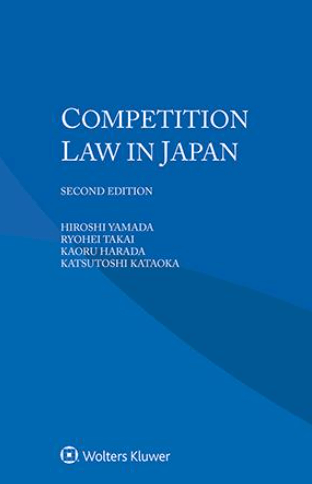

Kluwer Law International (April 2025)
Hiroshi Yamada (Co-author)
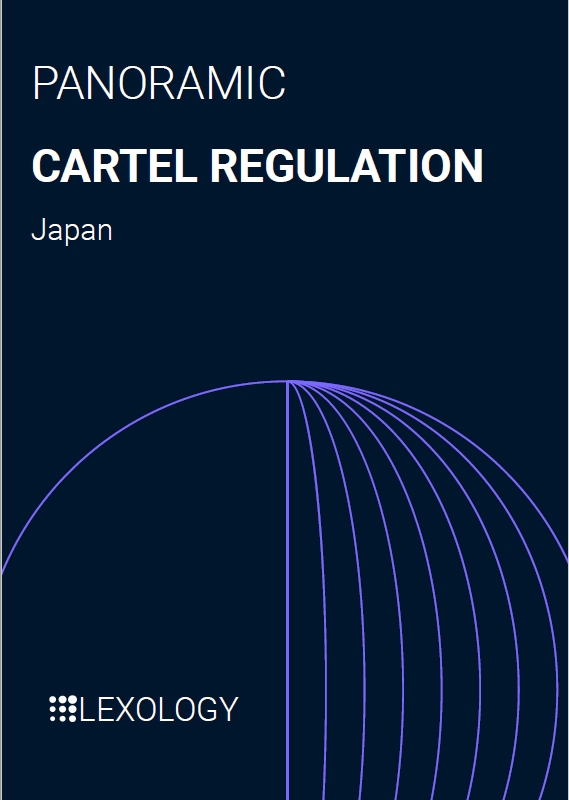

(January 2025)
Kaoru Hattori, Yoshitoshi Imoto, Ryohei Tanaka (Co-author)
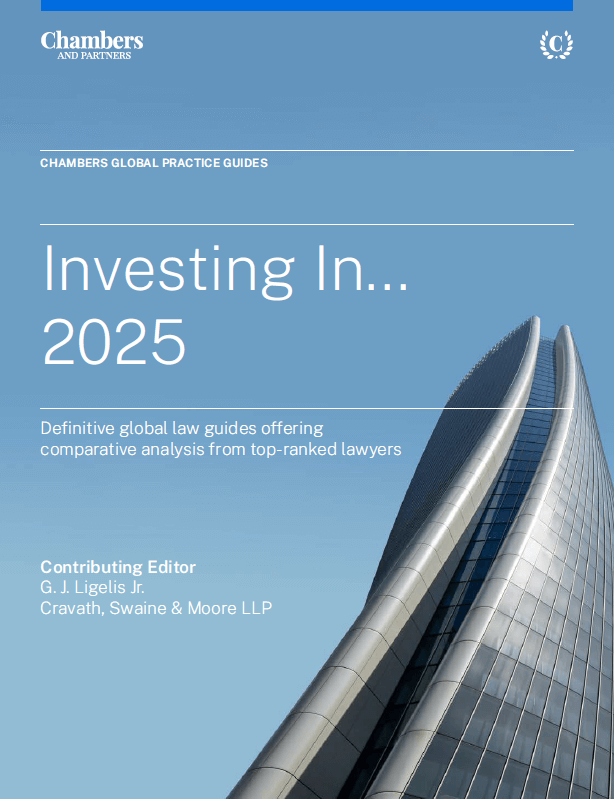

(January 2025)
Shunsuke Minowa, Yothin Intaraprasong, Ponpun Krataykhwan, Nopparak Yangiam, Salin Kongpakpaisarn, Poonyisa Sornchangwat (Co-author)


(December 2024)
Ryohei Tanaka, Tsuyoshi Isshiki, Nobuaki Ito, Haruki Koyama (Co-author)


Tsuyoshi Isshiki


(February 2023)
Misaki Sumida


Nobuaki Ito


(September 2022)
Misaki Sumida (Co-author)


Kluwer Law International (April 2025)
Hiroshi Yamada (Co-author)


Tsuyoshi Isshiki


Masanori Tosu


Ichsan Montang, Anastasia Jessica Maureen (Co-author)


Tsuyoshi Isshiki


(September 2005)
Kaoru Hattori


(March 2004)
Kaoru Hattori


(March 2004)
Kaoru Hattori


Patricia O. Ko
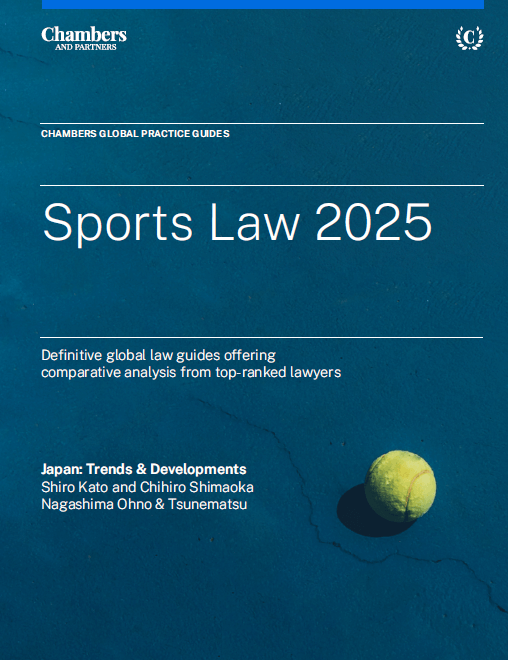

(April 2025)
Shiro Kato, Chihiro Shimaoka (Co-author)
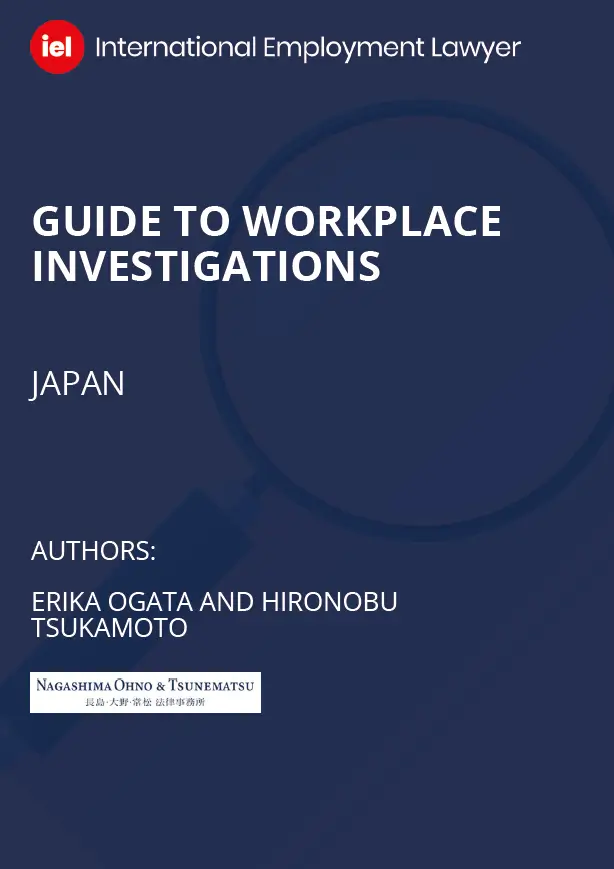

(January 2025)
Hironobu Tsukamoto, Eriko Ogata (Co-author)


Luciana Fransiska


Patricia O. Ko


(April 2025)
Shiro Kato, Chihiro Shimaoka (Co-author)


(January 2025)
Hironobu Tsukamoto, Eriko Ogata (Co-author)


Luciana Fransiska